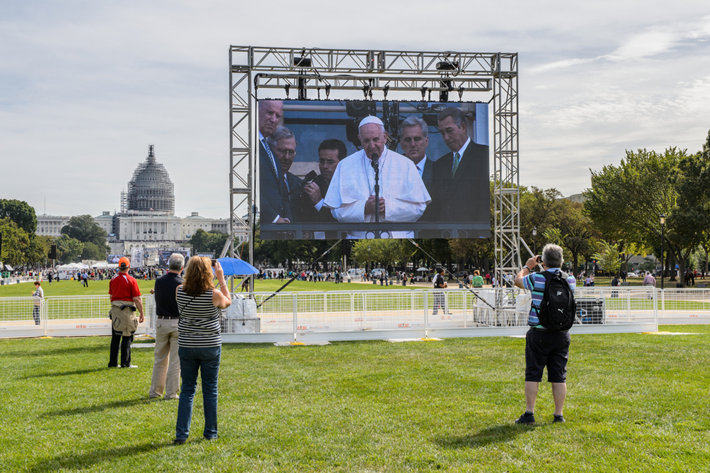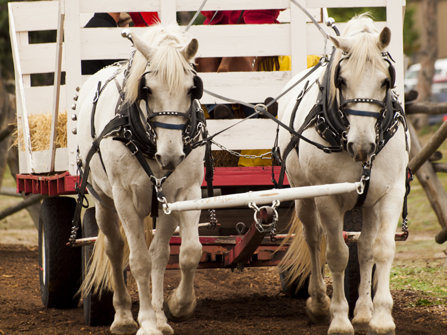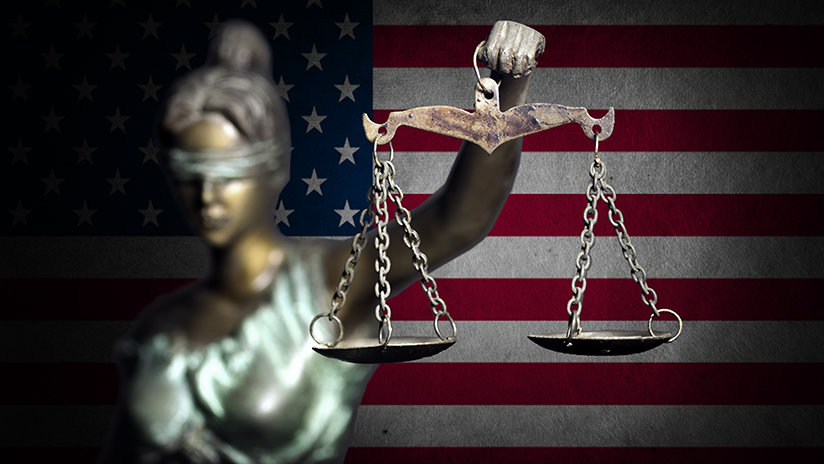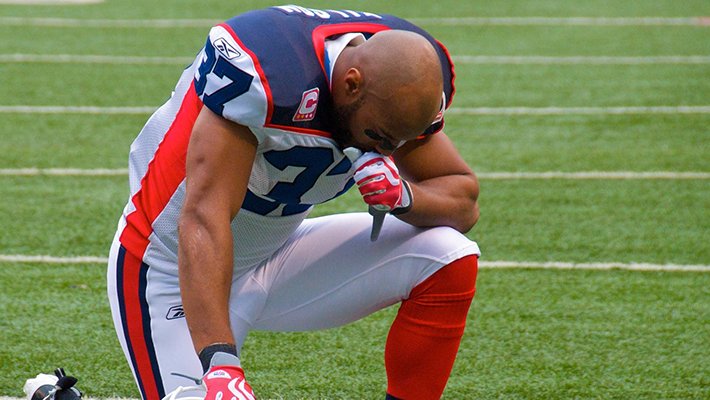
-
HOME
-
WHAT IS STANDOur Mission Our Values Our Help Contact
-
WHAT WE FIGHT FORReligious Freedom Religious Literacy Equality & Human Rights Inclusion & Respect Free Speech Responsible Journalism Corporate Accountability
-
RESOURCESExpert Studies Landmark Decisions White Papers FAQs David Miscavige Religious Freedom Resource Center Freedom of Religion & Human Rights Topic Index Priest-Penitent Privilege Islamophobia
-
HATE MONITORBiased Media Propagandists Hatemongers False Experts Hate Monitor Blog
-
NEWSROOMNews Media Watch Videos Blog
-
TAKE ACTIONCombat Hate & Discrimination Champion Freedom of Religion Demand Accountability
Church and State: Not Separate At All
The line in the First Amendment to the U.S. Constitution has been nearly beaten meaningless by repetition: “Congress shall make no law respecting an establishment of religion, or prohibiting the free exercise thereof.” This line has been interpreted as a “separation of church and state.” A further interpretation states that religion may not in any way intrude into the process or function of government. The most current interpretation goes something like “Anywhere government is, religion may not be,” a far cry from the original.

The constraint originally placed upon the government has now become a constraint upon religion (whoever pulled off that little sleight-of-hand could have a bright career in Vegas).
When I first got out of school, I was in a job that required me to do occasional legal research. In those old days, the only way was to go to a law library and start burrowing through the mountain of books containing statutes and codes, hoping that I was looking in the right code for the subject.
When I stepped into that room for the first time, I had the same realization that many others have had before and since; that all of these acres and tons of tightly written legal gobbledygook existed for the purpose of defining and replacing a single religious tenet, one shared by the world’s major religions. To paraphrase: Treat others the way you would want to be treated, commonly referred to as the “Golden Rule.” Though secular law defines it and uses fear and intimidation to try to enforce it, both the Golden Rule and the entirety of written law address the subject of decent, honest, thoughtful conduct toward other human beings and the world around us.
That's right, folks. You can talk about the “separation clause” all you want, but—as they both apply to daily life—religion and government are in the same business. Religion just does a better job.
My personal experience with the Jewish subculture is that of a lively, self-regulating community focused on improvement, achievement and responsibility for society. No need for guns and jails.

I still find it bizarre that as a very small child, I can remember seeing the last of the horse-drawn farm wagons in my hometown. It was a town with many Christian sects. No houses or cars were locked and any man could, and did, correct the behavior of a boy who was being a jerk or a nuisance. There were no school police and crime was only a tiny fraction of what it is now. Drug abuse was rare. Businesses shut down on Sundays for church. The difference in only a few decades is the prevalence of religion in society. Decent, honest behavior was a generally agreed upon code of conduct, needing little enforcement.
One of my favorite sights in L.A. on Saturday morning is that of local Jews walking to temple. There is a certain aura of calm, peace and community and I think of the thousands of years Jews have made this same sabbath trek, in existing countries, and many countries now extinct. My personal experience with the Jewish subculture is that of a lively, self-regulating community focused on improvement, achievement and responsibility for society. No need for guns and jails.
It’s a fine line we must all walk between what we want and what is the greatest good for everyone and everything involved, including us. That is the “art” of ethical and moral conduct. It requires awareness of the issue. It requires good reasoning. It requires courage. It requires practice, then more practice.
You don’t have to tell a truly religious person to behave well, to be thoughtful and courteous, or to respect others. They will at least try to do so. They know the benefits.
Government goes about the “Golden Rule” by employing force with little understanding. Its meaning and purpose becomes lost in the rush to avoid punishment, and when the punishment is absent, the “rule” is forgotten.
Religion promotes understanding without using force, preferring to employ a sense of responsibility, family, community and fellowship. You don’t have to tell a truly religious person to behave well, to be thoughtful and courteous, or to respect others. They will at least try to do so. They know the benefits.
Though neither government nor religion does a perfect job, a quick look around the world will demonstrate that the job done by religion is vastly superior to the job done by government, and in fact, without the understanding of the “Golden Rule” promoted by religion, the government could never have enough money, guns, jails or personnel to do the job at all.









